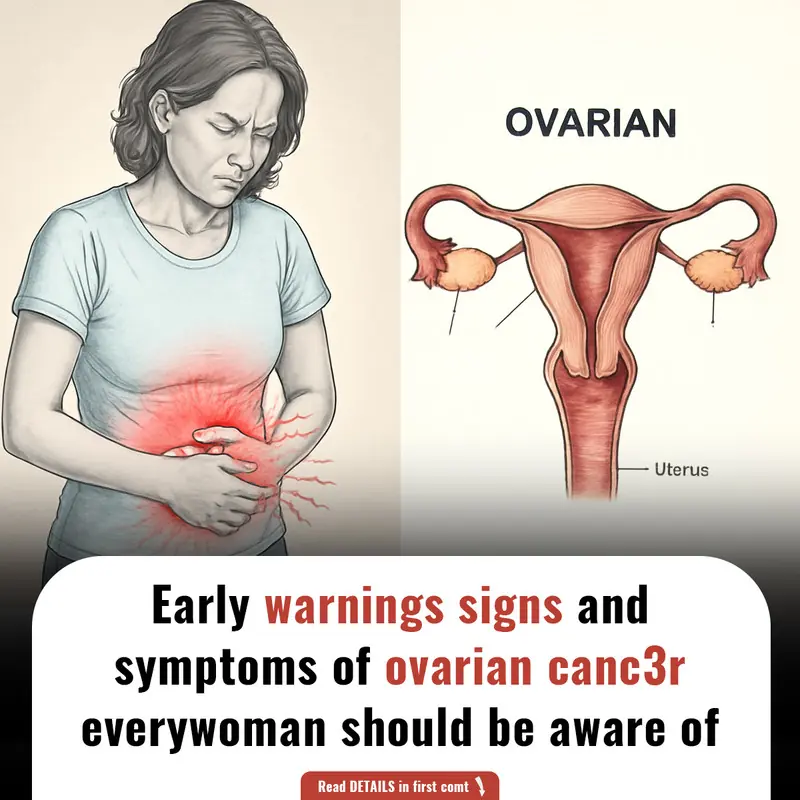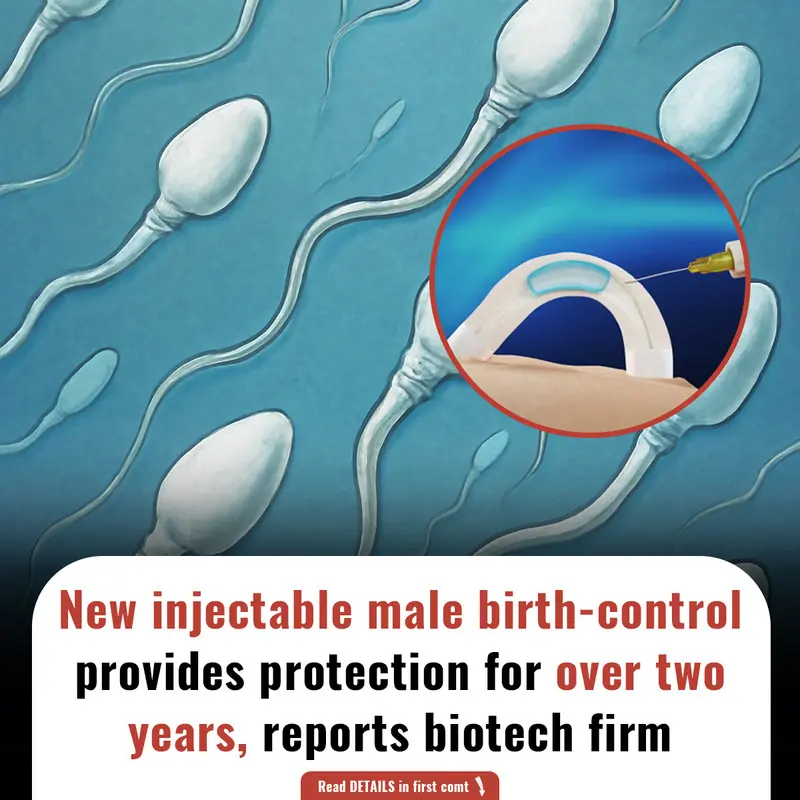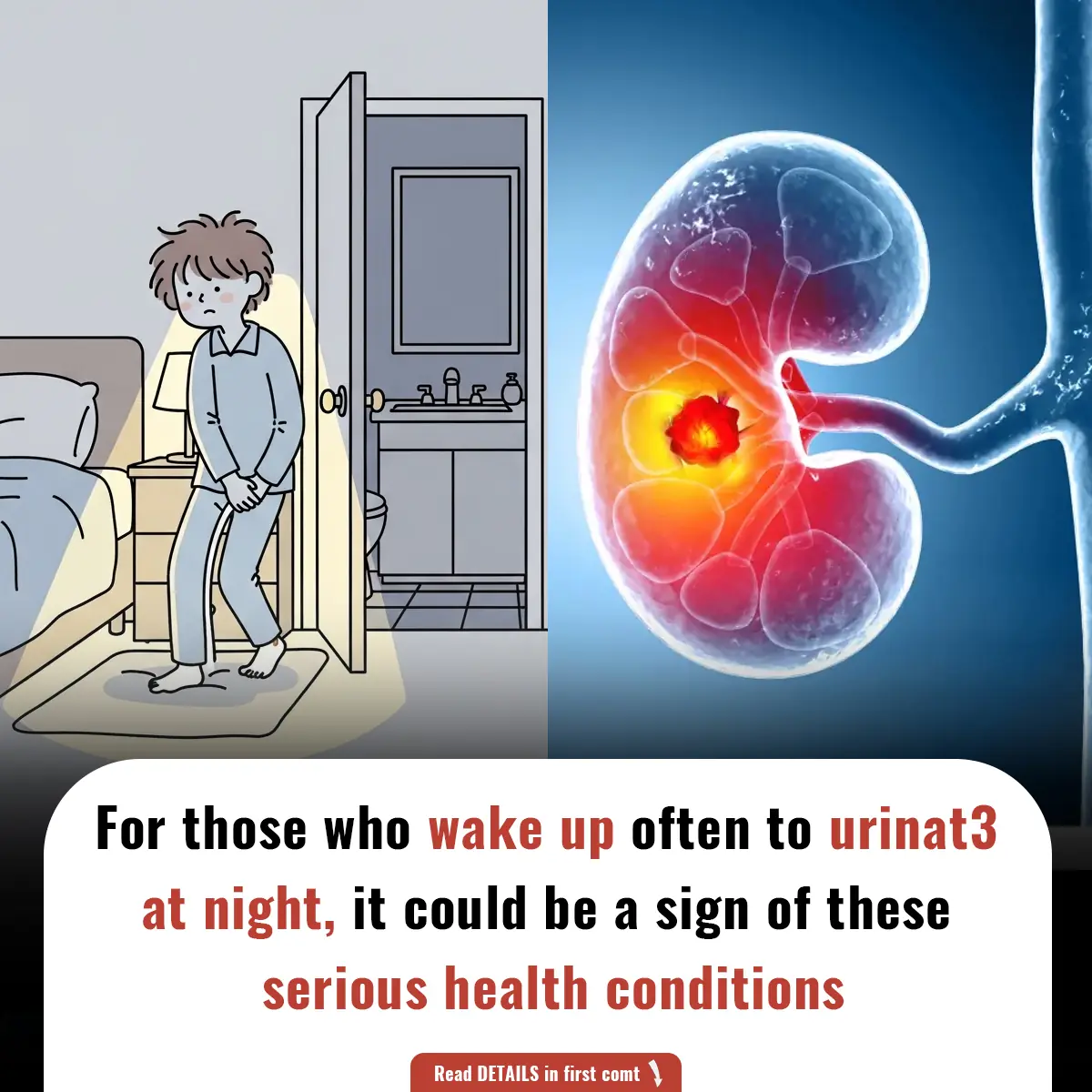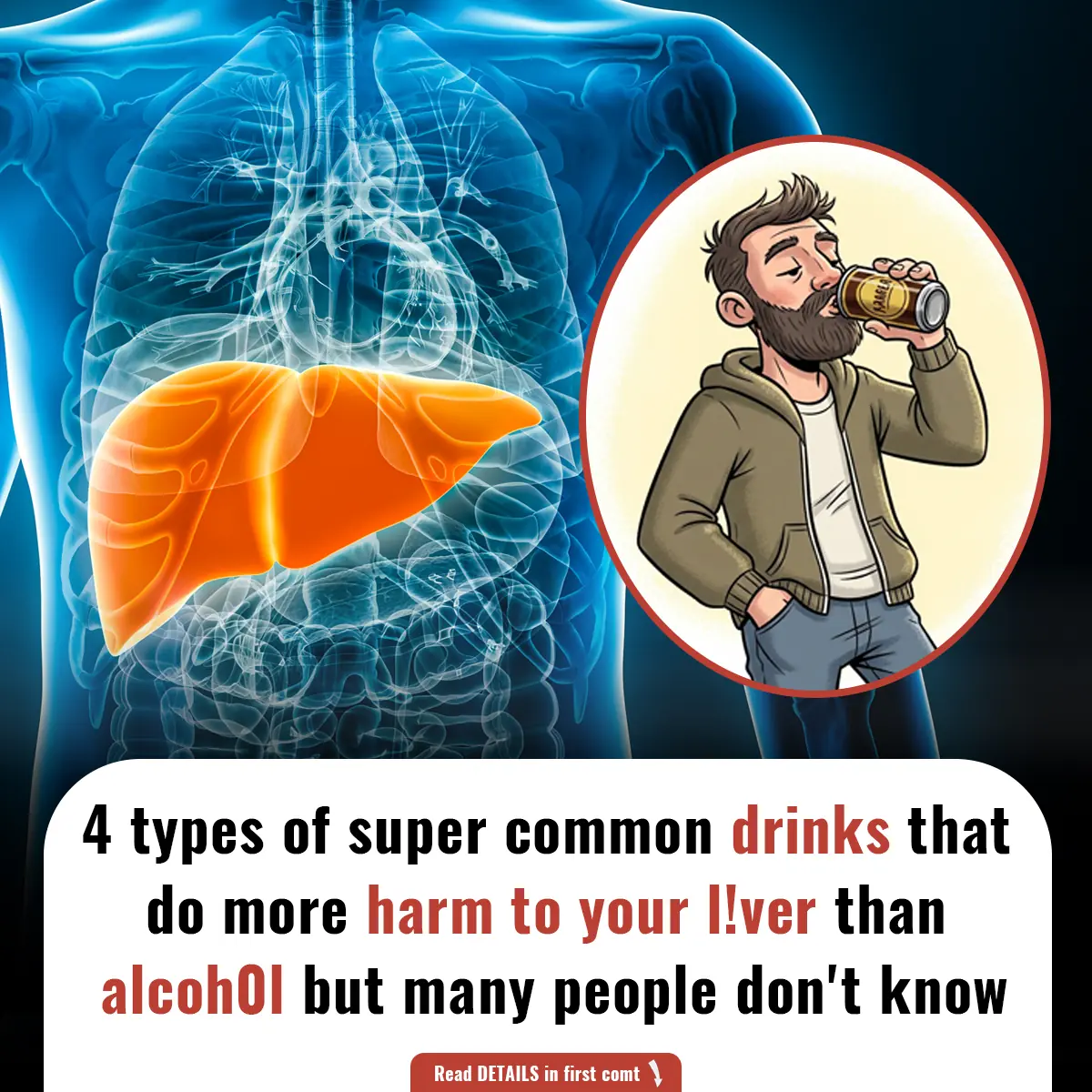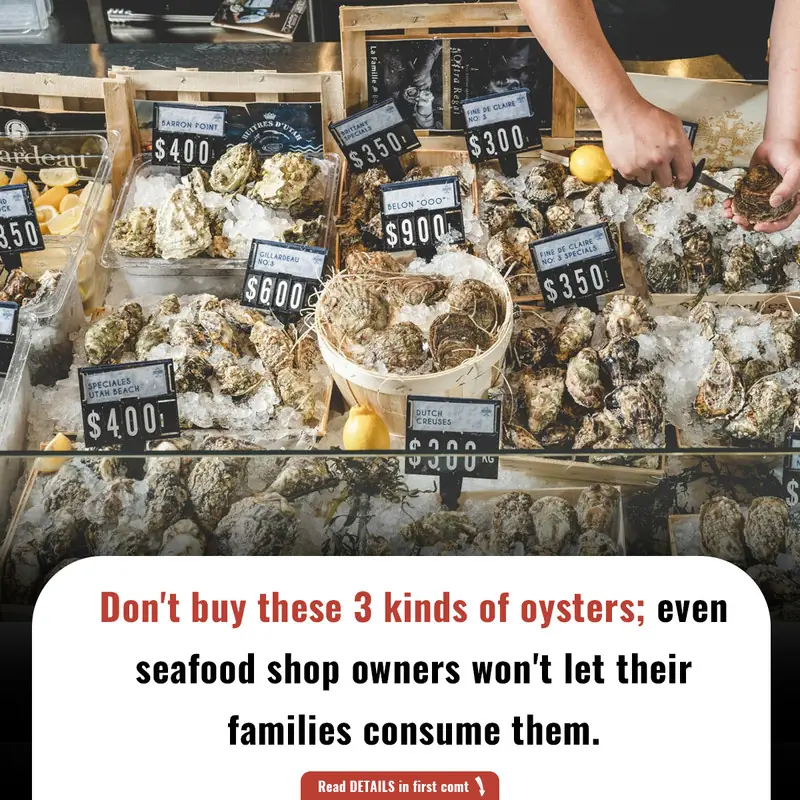5 Countries That Are Closing Their Doors to Americans Seeking Residency and Work
In an increasingly interconnected world, Americans have long been among the most mobile expatriate groups, often seeking opportunities to live, work, and explore abroad. However, recent geopolitical shifts, health concerns, and policy changes have led some nations to impose stricter entry and residency restrictions specifically affecting U.S. citizens.
This article examines five countries that have significantly limited or complicated the process for Americans to live and work within their borders, highlighting the reasons behind these policies and their impact on prospective expats.
1. China: Heightened Scrutiny Amid Tensions
China has historically been a popular destination for American professionals, students, and businesspeople. However, recent years have seen growing diplomatic tensions between the U.S. and China, leading to more stringent visa regulations and entry barriers for Americans.
The Chinese government has tightened background checks, extended visa processing times, and increased restrictions on work permits for U.S. citizens. In some cases, Americans have faced difficulties renewing visas or obtaining long-term residency, especially in sectors deemed sensitive.
Health concerns following the COVID-19 pandemic have further complicated travel, with strict quarantine measures and limited flight availability. These factors combined have made living and working in China more challenging for Americans than in previous years.
2. Russia: Political Strains Affecting Mobility
Amid escalating geopolitical conflicts and sanctions, Russia has imposed tighter controls on American nationals entering or residing in the country. Visa approvals have become more selective, and work permits for U.S. citizens are increasingly scrutinized.
The diplomatic environment has fostered suspicion, and many Americans report increased paperwork and delays. Additionally, economic sanctions have led to fewer job opportunities for foreigners, particularly Americans, in Russia.
As a result, American expats or potential workers face a less welcoming atmosphere, making relocation and employment in Russia difficult.
3. Australia: Adjusting Immigration Policies
Australia has long attracted American professionals and students due to its high quality of life and opportunities. However, recent policy shifts aiming to prioritize local workers and manage immigration more carefully have led to tighter restrictions.
For Americans, this means higher hurdles to obtain work visas, with preference given to certain occupations and skills. Changes to sponsorship rules and eligibility criteria have added complexity.
The Australian government’s response to the COVID-19 pandemic also included border closures and quarantine protocols, which, although easing, continue to impact Americans’ ability to settle and work freely.
4. Brazil: Navigating Bureaucratic and Health Barriers
Brazil’s evolving political landscape and public health policies have contributed to increased challenges for Americans seeking residency or employment.
Visa requirements have become more stringent, with extensive documentation and longer processing times. Additionally, Brazil’s handling of the pandemic resulted in temporary border restrictions and health screenings.
Economic uncertainty and fluctuating job markets also play a role in limiting opportunities for foreign workers, including Americans.
5. Japan: Complex Residency and Work Visa Processes
Japan remains a desirable destination for many Americans due to its culture and economic opportunities. Nevertheless, the country’s immigration system is notoriously complex and has tightened in recent years.
Work visas require detailed documentation and are often tied to specific industries. Japan’s cautious approach to immigration aims to protect domestic labor markets, which has made it harder for Americans to obtain long-term residency or work permits.
COVID-19 related travel restrictions further delayed processes, although some easing has occurred.
Common Factors Driving These Restrictions
The countries listed above reflect broader global trends influenced by:
-
Political Tensions: Diplomatic disputes often result in tightened immigration controls targeting specific nationalities.
-
Economic Priorities: Protecting local employment and prioritizing national workforce development leads to restrictive visa policies.
-
Public Health Concerns: The COVID-19 pandemic prompted many countries to impose temporary or permanent border measures.
-
Security Concerns: Heightened scrutiny of foreigners, especially from geopolitical rivals, results in rigorous background checks.
What This Means for American Expats and Job Seekers
For Americans interested in relocating abroad, these changing landscapes demand thorough research and flexible planning.
-
Understanding Visa Requirements: Regularly consulting official government resources and embassies for up-to-date visa policies is critical.
-
Considering Alternative Destinations: Countries with more open policies or bilateral agreements with the U.S. might offer smoother transitions.
-
Preparing Comprehensive Documentation: Enhanced scrutiny means meticulous preparation of work contracts, proof of qualifications, and background checks.
-
Anticipating Delays: Applicants should allow for longer processing times and potential interruptions.
Advice from Experts
Immigration consultants and international HR professionals advise:
-
"Stay informed about the evolving geopolitical context and how it affects visa rules," says one immigration specialist.
-
"Building connections with local employers and legal experts can facilitate navigation through complex systems."
-
"Consider hybrid work or remote positions that may offer alternatives to physical relocation."
The Outlook: Will Doors Reopen?
While restrictions currently pose challenges, international relations and public health situations are dynamic.
Travel and work opportunities could improve as diplomatic relations thaw and pandemic conditions stabilize. Countries may adapt immigration policies to attract skilled workers amid labor shortages.
For now, Americans seeking to live and work abroad must remain adaptable, informed, and patient as the global mobility landscape evolves.









